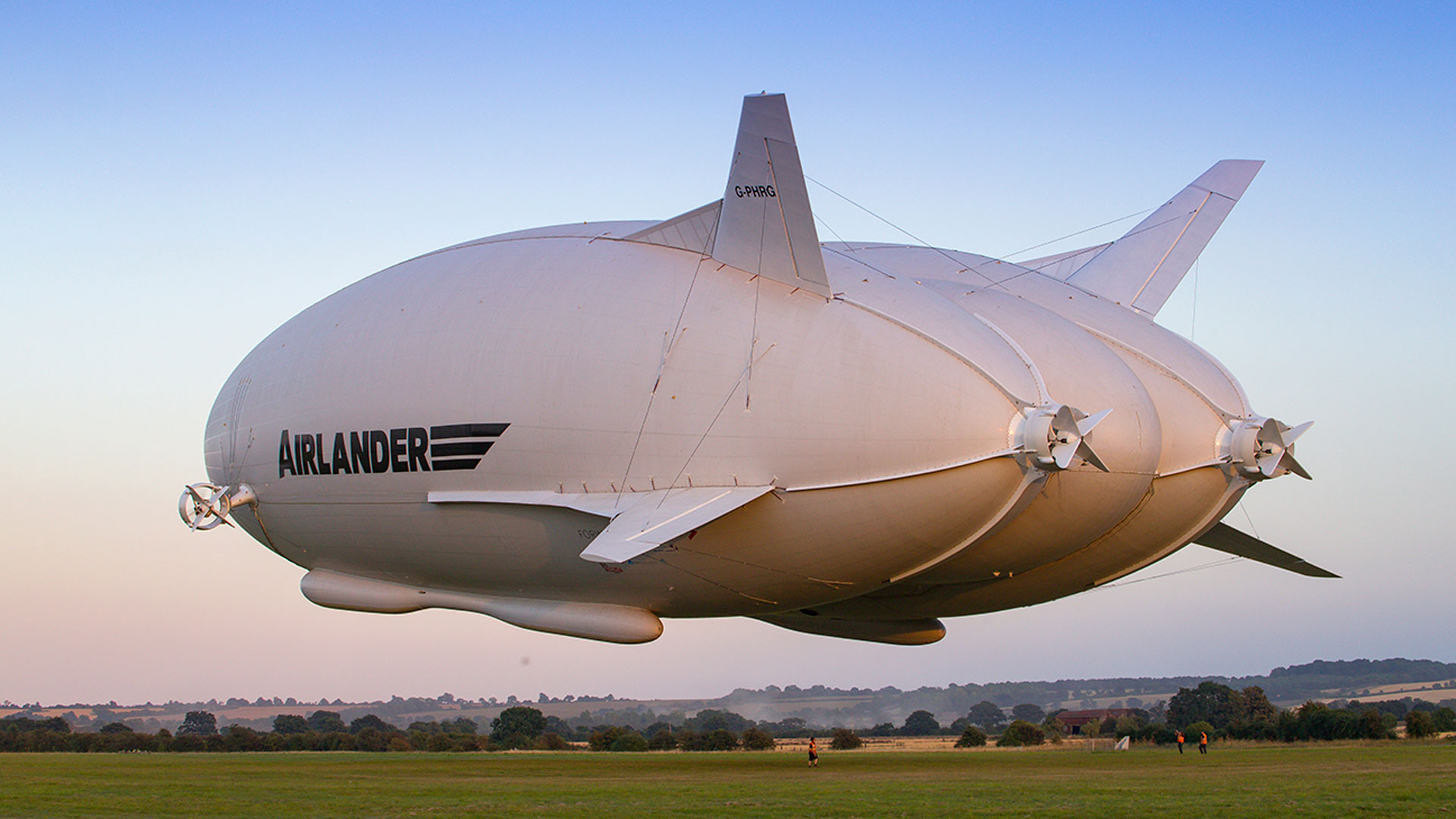


Collins Aerospace, a Raytheon Technologies business, today announced it has completed critical design review and started fabrication of a 500 kilowatt electric motor for the Airlander 10 aircraft under a partnership with Hybrid Air Vehicles and the University of Nottingham.
Utilising a combination of buoyant lift from helium, aerodynamic lift, and vectored thrust, Airlander 10 already operates with a significantly lower fuel burn than other aircraft of similar capability. The integration of electric forward propulsors will increase this advantage.
Flight qualification testing of the motor is expected to occur in 2023, followed by hybrid-electric operation of Airlander 10 by 2025 and all-electric, zero-emission operation by 2030.
To achieve these improvements, the aircraft's four fuel-burning engines will be replaced by Collins' 500 kilowatt electric motors—beginning with the two forward engines in 2025 and the two rear engines in 2030.
Collins is designing and testing the motor at its Electronic Controls and Motor Systems Center of Excellence in Solihull, U.K., where it recently invested $18 million to expand the campus and add world-class power electronics and motor development capabilities.
"Airlander 10 has the potential to be the world's first zero-emission aircraft, while pioneering game-changing electric flight technologies in the process," said Marc Holme, senior director, Electronic Controls and Motor Systems for Collins Aerospace. "As the aerospace industry continues to look for ways to reduce its carbon footprint, electric propulsion offers a significant solution that will create a more sustainable future for our industry and our planet."
The Airlander programme will address key goals of the U.K. Aerospace Technology Strategy: strengthening the UK's aerospace capabilities, positioning the UK for developing future generations of civil aircraft, and advancing a new generation of efficient propulsion technologies.
The research project to develop the electric motor, E-HAV1, was co-funded by the Aerospace Technology Institute Programme, a joint U.K. government and industry investment to maintain and grow the U.K.'s competitive position in civil aerospace design and manufacture.
It is delivered through a partnership between the Aerospace Technology Institute, Department for Business, Energy & Industrial Strategy and Innovate U.K., and addresses technology, capability and supply chain challenges.
"The Aerospace Technology Institute has clearly identified the importance of technology developments to support sustainable aviation through the U.K. Aerospace Technology Strategy, Accelerating Ambition," said Mark Scully, the Aerospace Technology Institute's Head of Technology – Advanced Systems & Propulsion.
"The Hybrid Air Vehicles Airlander 10 offers a unique opportunity to deploy innovative, high performance motor technology from Collins Aerospace initially in hybrid propulsion and, in the future, all electric propulsion configurations. These technology developments will enable economic growth and jobs in the U.K. aerospace sector."
Collins Aerospace, a unit of Raytheon Technologies Corp., is a leader in technologically advanced and intelligent solutions for the global aerospace and defense industry. Collins Aerospace has the extensive capabilities, comprehensive portfolio and broad expertise to solve customers' toughest challenges and to meet the demands of a rapidly evolving global market.
